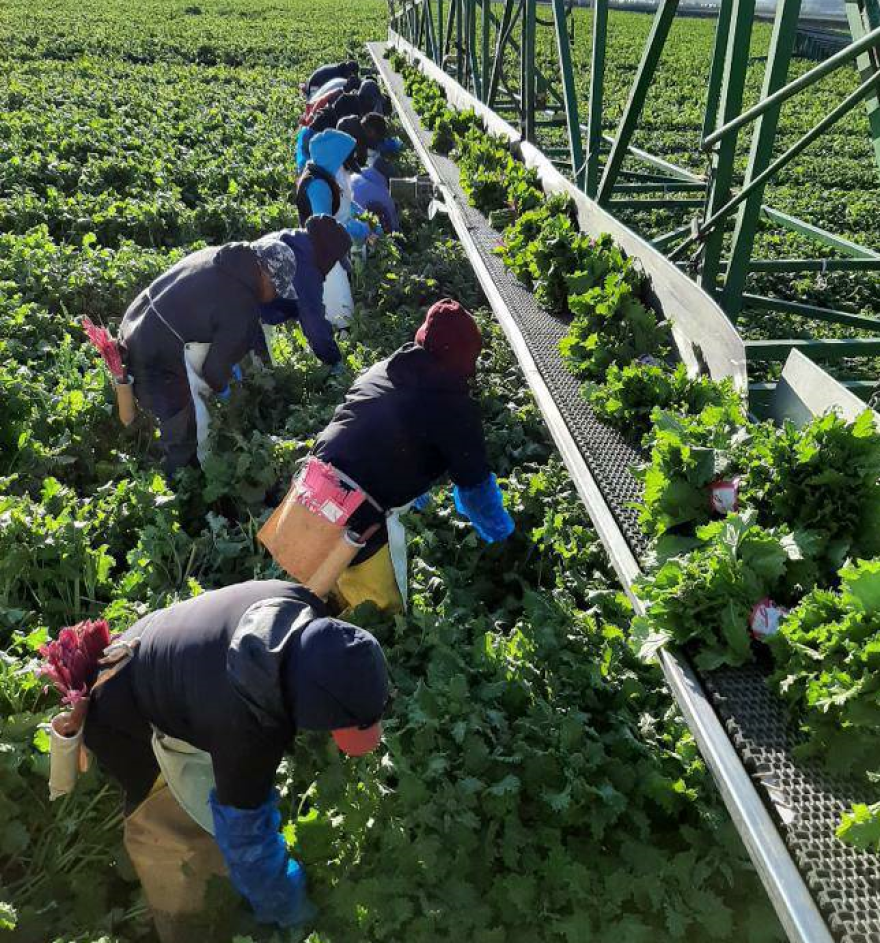The COVID-19 pandemic has delivered a stunning blow to the economy. Millions of Americans are finding themselves out of work. Millions of other Americans are being told they are essential workers – even though previously they were seen as low skilled and low paid.
Meanwhile mass automation continues in development and the clock is running for many working folk including truck drivers and those in manufacturing.
When we talk about the future of work there is a massive question mark. But Gene Sperling argues that whatever shape work takes in the future – honor, respects and dignity must be part of the package.
Sperling was the chief white house economic adviser to President Obama and President Clinton. He has written the book Economic Dignity.
Valentine
There aren't many novels set in 1970s West Texas. That was a complicated time in a complicated region charged with challenging realities of social disparities. It was also, arguably, a man’s world. But in her debut novel Valentine, author Elizabeth Wetmore captures the essential nuances of that time and place to recreate the space through the stories of women.
When a 14-year-old girl appears on the doorstep of Mary Rose’s ranch house outside of Odessa, Texas, she reports a brutal rape that occurred in the oil fields.
We are propelled from the isolated ranch to the intersecting stories of other Odessa women—seeking justice or finding ways to live through the absence of it.
Their shared despair and small triumphs help create the novel Valentine. Texas Public Radio contributor Yvette Benavides recently spoke to author Elizabeth Wetmore about her book.
David Martin Davies can be reached at DMDavies@TPR.org and on Twitter at @DavidMartinDavi.



